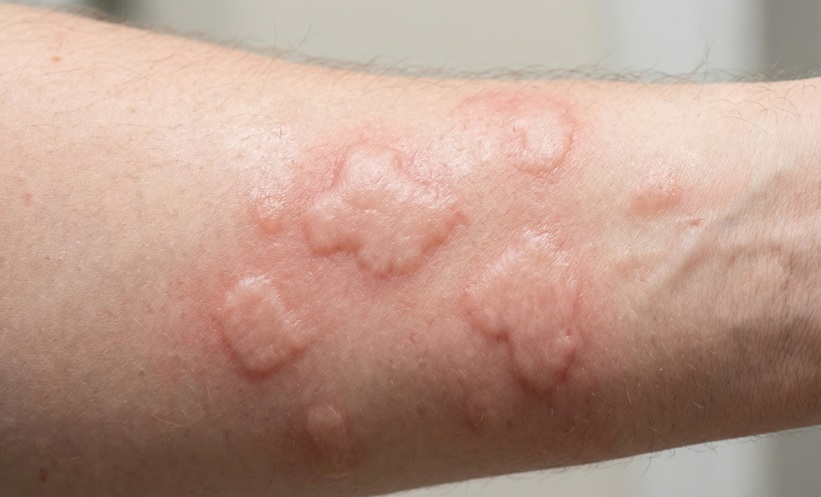PATIENT and public involvement and engagement (PPIE) is increasingly recognised as a cornerstone of ethical medical research, particularly in allergic diseases. The 2024 Revision of the Declaration of Helsinki emphasises that research must reflect the needs and values of participants, ensuring studies are both relevant and patient-centred. In allergy research, PPIE has shown promise in improving treatment adherence, clinical trial design, and overall patient outcomes.
Trends and Challenges in Allergy PPIE in Japan
A recent study investigated PPIE trends within allergic diseases in Japan, surveying principal investigators (PIs) and patient advocacy groups (PAGs) involved in national allergy initiatives. Results revealed a clear divide: while PAGs demonstrated high engagement, 87.5% reported frequent interaction with researchers, only 15.6% of PIs reported direct patient involvement. All PAGs considered PPIE necessary, compared with just 50% of allergy PIs. This discrepancy highlights a need to bridge the gap between researchers and patients to fully realise the benefits of PPIE in allergy research.
PAGs identified key requirements for effective involvement: training programs to support patient input, coordinators to facilitate interactions, and practical resources, including case studies and digital tools. Interestingly, most PAGs actively use digital platforms to communicate and gather opinions, whereas researcher engagement with these tools remains limited. Establishing structured support, such as dedicated coordinators, was widely endorsed by PIs, reflecting lessons learned from rare disease and cancer research domains.
Moving Towards Meaningful Stakeholder Engagement
Despite strong PPIE activity among allergy PAGs, formal patient involvement rules remain limited among researchers, with only 9.4% implementing structured guidelines. Addressing this gap requires clear educational initiatives, standardised frameworks, and digital resources to facilitate ongoing collaboration. Engaging children directly, rather than solely through parent-led PAGs, is another future priority for inclusive research practices.
Enhancing PPIE in allergic disease research offers tangible benefits, from improving patient outcomes to ensuring studies align with real-world needs. A comprehensive approach, combining education, digital engagement, and standardised guidelines, will be crucial to creating sustainable and meaningful patient involvement. In an era prioritising diversity, equity, and inclusion, effective PPIE is key to the future of allergy research.
Reference
Adachi T et al. Exploring patient and public involvement and engagement in allergy research: cross-disease and cross-stakeholder perspectives in Japan. Allergy. 2025; DOI:10.1111/all.70064.





